Pressure, pressure…
I have always wondered what it felt, for a top shuttler, to feel the butterflies in his/her stomach as we say in French before entering the court for a major event or just before serving at match point. Probably like any of us when we have something important to face – a job interview, a speech to give in front of many people, or other things that puts us out of our comfort zone.
But sometimes, the pressure is such that it can’t be dealt with as we would. We are taught to breath deeply or listen to music, for instance, but sometimes, pressure is just too great to handle. It occurred once again at the recent BWF World Championships, when Lee Chong Wei (photo) came on court for his first round match. It was just so obvious that the Malaysian was facing tremendous pressure from the very beginning of the match. His body language fooled no one – as the match went on, he behaved liked a small child, while his opponent, on the contrary, had made his target to clearly enjoy the match. The difference in style was obvious too. Brice Leverdez (headline photo) was smiling, talking to himself and his team-mates – even telling a joke to the camera operator after winning the first game.
I had never seen that but it made me think that the Frenchman was taking all the pressure away by putting his mind into a light/fun mode. On the contrary, his opponent was drowning with probably many things going through his mind as it showed in the third game when Lee started to commit many unforced errors, giving the match away. The build-up towards these championships was just too much to deal with for the legendary Malaysian. The media had been talking for months on how this was his last chance to finally clinch a deserved world title. On how important it was for the nation. Just too much.
Dealing with it
Dealing with pressure is obviously the talent that makes a good player a champion. And I have asked myself on many occasions how it can be learnt, for these champions. Are all equal in their capacity to deal with great pressure? Carolina Marin for instance, is the best to switch mode from off and on court. On court, she is a (loud) warrior. She becomes a different person and pressure builds her ability to fight even more. Viktor Axelsen is still young yet has learnt already how to deal with pressure. At least, he knows how to hide his feelings not to give any psychological advantage over to his opponent as his body language surely shows he’s in control.
He said it himself after his victory in Glasgow: he may have looked secure but inside, he was shaking like a little kid during the final against Lin Dan. This is proof that if pressure can’t be dealt with, it can be handled enough not to give the opponent the edge. Nozomi Okuhara (photo) knows how to deal with pressure by putting the extra effort to focus. Concentrating on the next move, the next rally. Focusing on the strategy. It shows, each time she is about to serve or after a long rally, she pauses, breathes deeply, and talks to herself – probably words of encouragement and tactical reminders – and it works.
Fun, the key?
Some other players deal with pressure differently. Those, I admire the most because it is an overall philosophy of the game that they have. Tai Tzu Ying (photo) and Ratchanok Intanon (photo) are the ones who are the most capable on taking all the pressure off their shoulders by a simple fact: more than others – it seems at least- they enjoy the game. They come on court with a smile. With the will to give it all, but to play well, to have fun. This is why they often play trick shots or a creative game. Because it remains a game for them, no matter what is at stake.
On many occasions, I have been surprised by both of them smiling at their opponent after a very long, tough rally, even when they had lost it. That tells a lot. It may look like they don’t care, but I don’t think so. They do care. They just enjoy themselves. I feel like the fun in the game should be taught at an early age in badminton schools, especially when it’s time to take the sport seriously. It’s not paradoxical. On the contrary, it will help young players to get through the painful training. And most of all, it will help them to deal with the pressure in key moments. Ask Chong Wei…
By Raphael Sachetat, Chief Editor.
Photos: Badmintonphoto
![EDITORIAL – Pressure, pressure Pressure, pressure… I have always wondered what it felt, for a top shuttler, to feel the butterflies in his/her stomach as we say in French before entering the court for a […]](http://www.badzine.net/wp-content/uploads/ngg_featured/edito.jpg)
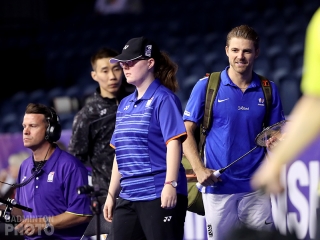
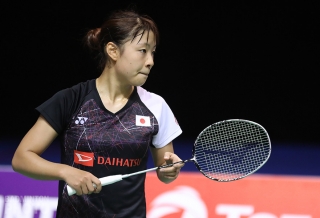
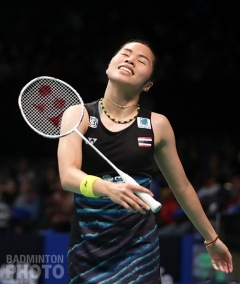
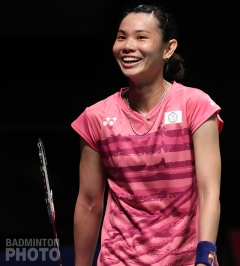

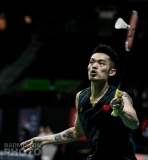
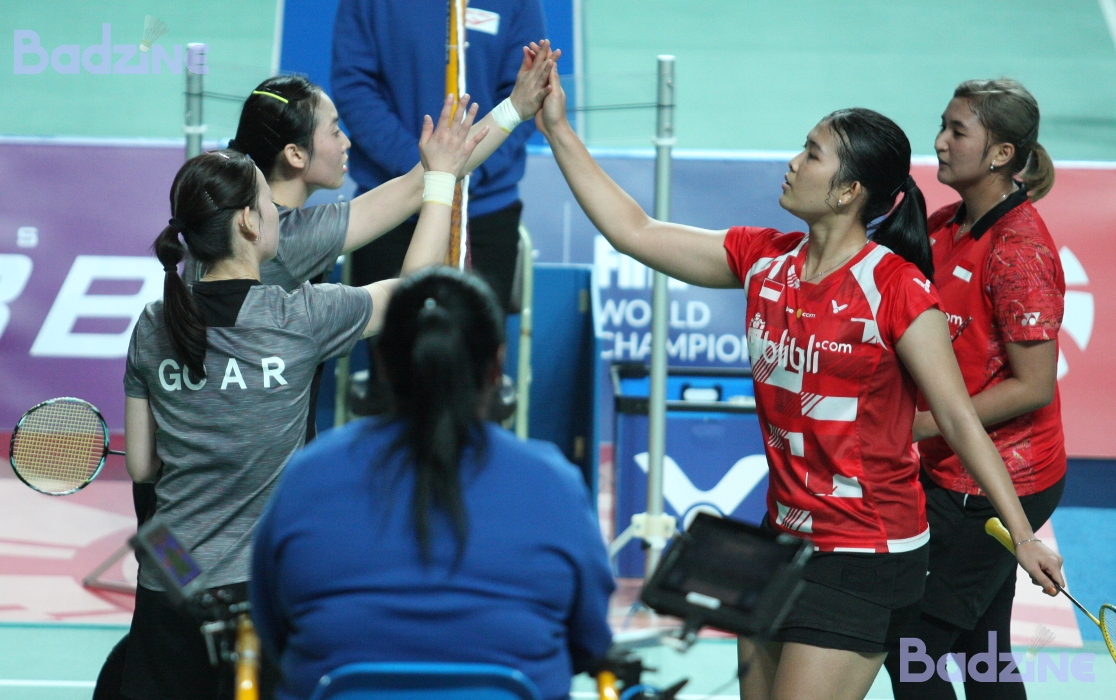
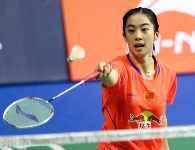

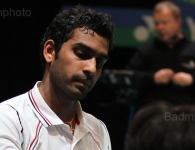
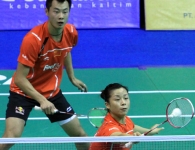
Leave a Reply to Anonymous Cancel reply